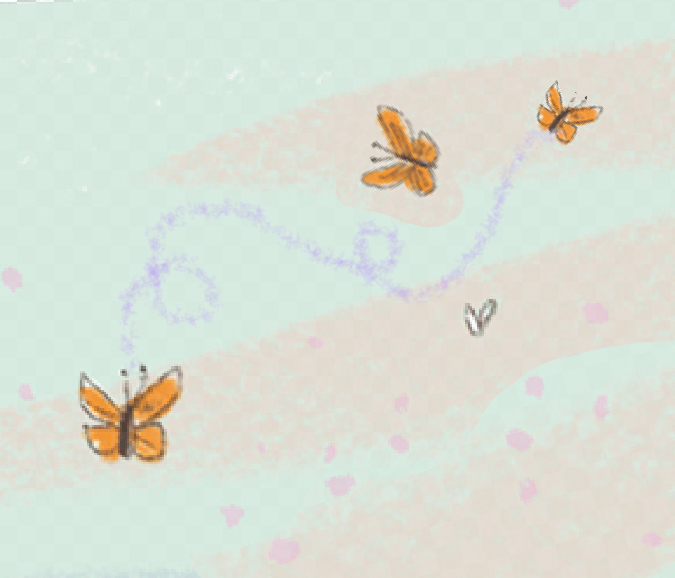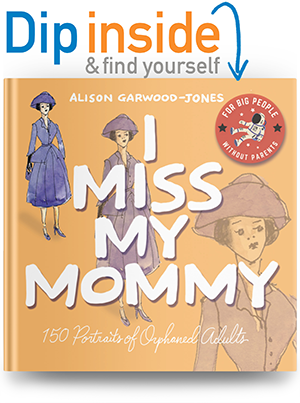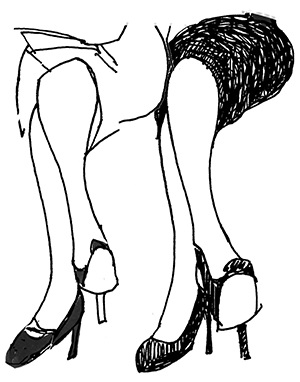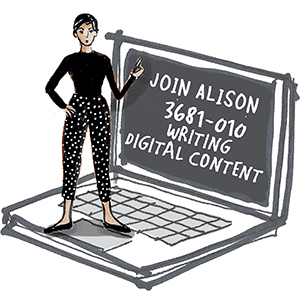AI and Eureka
March 6, 2023

Here’s the thing:
When you hand over the heavy lifting of writing to AI, you stop having to come up with the thrust of an argument. I’m finding that incorporating AI’s output into my own writing makes me feel further from my subject (and clients), not closer.
The nervous energy that fuels a writer’s search for the “So What” and the elation we feel upon discovering an argument or a story structure … well, that stuff has lit humans up since the beginning of time. It’s a feeling of ownership over a challenge and emerging the victor. Watching AI yank that away from us is like witnessing your family home burn down.
Artificial neural networks have no idea what I’m talking about. It couldn’t tell you what synergy feels like. It doesn’t even know what it feels like to be fast, efficient and under budget. It meets the smiles of CFOs with a blank stare.
Here’s what else AI doesn’t know: that we’re in a showdown with it. And, dammit, we can’t even lob a good heckle at it because there’s no one to point to and say, “Yeah, but that AI … he’s got awful taste in shoes. And small hands.”
Humans love Eureka moments. The moment we are born, we come teaming with wonder and competitive juices, hoping for that eureka moment in almost every situation we’re in — from discovering the mobile above our cribs, to solving a basic math problem, to crafting a persuasive B2B white paper. Eureka is our best hope of distraction from our own mortality.
But back to that point I was making about how dropping AI’s paragraphs into my own writing was making me feel further from my subject (and clients), not closer. The only thing I can liken it to is that AI has kicked me out of the driver’s seat. Now I’m the passenger. Not an original thought. So many people are saying that right now. But let me add: AI drives like Mario Andretti, which causes my head to spin and nausea to rise up. Too often it does multiple laps around the same track until it just stops. “Wow,” I say at the end of it all, and yet …
I was fine to hand over spellcheck and grammar to the bots. My spelling stinks. But storytelling by humans is informed by bad breakups, black ice, driving down country roads, losing your parents, and so much more. Great writing understands the needs and fears we humans have, and temporarily solves them in a way that says, Yup, I see you (I am you), here you go, and you’re welcome! That’s the secret handshake that humans share with other humans we are trying to reach. In the moment of that exchange, everyone feels motivated to do something.
Since AI’s big reveal last fall, the Metaverse might be dead on arrival (for now),” but Silicon Valley is still saying yes to “moving fast and breaking things.” And most writers I know aren’t Mario Andretti or Chuck Yeager. Eureka is always proceeded by a groaning stillness. Human writers tend to move at the speed of Uncle Morty and Aunt Helen driving to their 5pm buffet. But have you noticed they still get there in pretty good time? And Aunt Helen? Man, she is knowledgeable to the point of being psychic about your relationships. She’s always asking for updates on how it’s going with you and your target audience. She might as well have an honorary Ph.D. in human nature. And Morty? Eight of his ten jokes are groaners, but the other 2 are worth the wait. Helen and Morty’s take on life’s struggles and signature moments puts our entire existence into context and makes the journey more meaningful.
How do we put that into a PowerPoint for clients?



























Leave a Reply